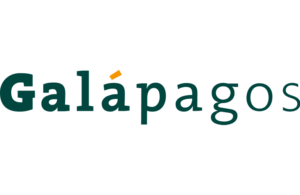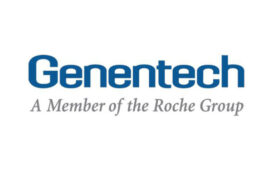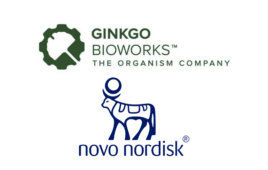 Biotech Galapagos NV (Euronext & NASDAQ: GLPG) has announced a new initiative to save money while sharpening its focus on oncology and immunology.
Biotech Galapagos NV (Euronext & NASDAQ: GLPG) has announced a new initiative to save money while sharpening its focus on oncology and immunology.
The company’s CEO, formerly the Chief Scientific Officer of Janssen (NYSE:JNJ), unveiled a new “roadmap for pipeline and commercial growth” at its R&D Day held November 4 in Mechelen, Belgium.
The plan also describes the company’s decision to halt the development of fibrosis and kidney disease programs to free up cash for its oncology programs.
The company also is hoping to significantly reduce cash burn by 2028.
“Building on our strong fundamentals, we are convinced that we are taking the right steps to deliver on our core mission: adding years of life and improving the quality of life of patients globally,” Stoffels said in a statement.
Over the past year, the company’s share price has fallen 16.38% to €41.31. Its stock has fallen about a quarter after Stoffel took the helm as CEO.
A central complication is the company’s discontinuation of GLPG1690 (ziritaxestat) in 2020. Galapagos had been jointly developing the autotaxin inhibitor with Gilead Sciences (Nasdaq: GILD), but the drug failed a Phase 3 idiopathic pulmonary fibrosis study.
Galapagos hopes to increase sales of the rheumatoid arthritis drug Jyseleca (filgotinib) to enable the company to break even in 2024. The drug is also approved for ulcerative colitis (UC). The company anticipates Jyseleca to have peak sales of €500 million in Europe.
In 2020, FDA decided to not approve filgotinib over worries about the drug’s risk-benefit ratio, causing the company’s to lose $3 billion in value, according to Bloomberg.
By the decade’s end, Stoffels expects oncology drugs to contribute to the company’s topline.
Earlier in 2022, the Galapagos acquired CellPoint and AboundBio to enter the cell therapy industry. It hopes to commercialize at least one CAR-T cell therapy product within five years.
Last year, former Galapagos CEO Onno van de Stolpe announced an initiative to eliminate the company’s focus on metabolic disease and osteoarthritis. In addition, Van de Stolpe identified €150 million worth of expenses to trim in a restructuring effort.





Tell Us What You Think!